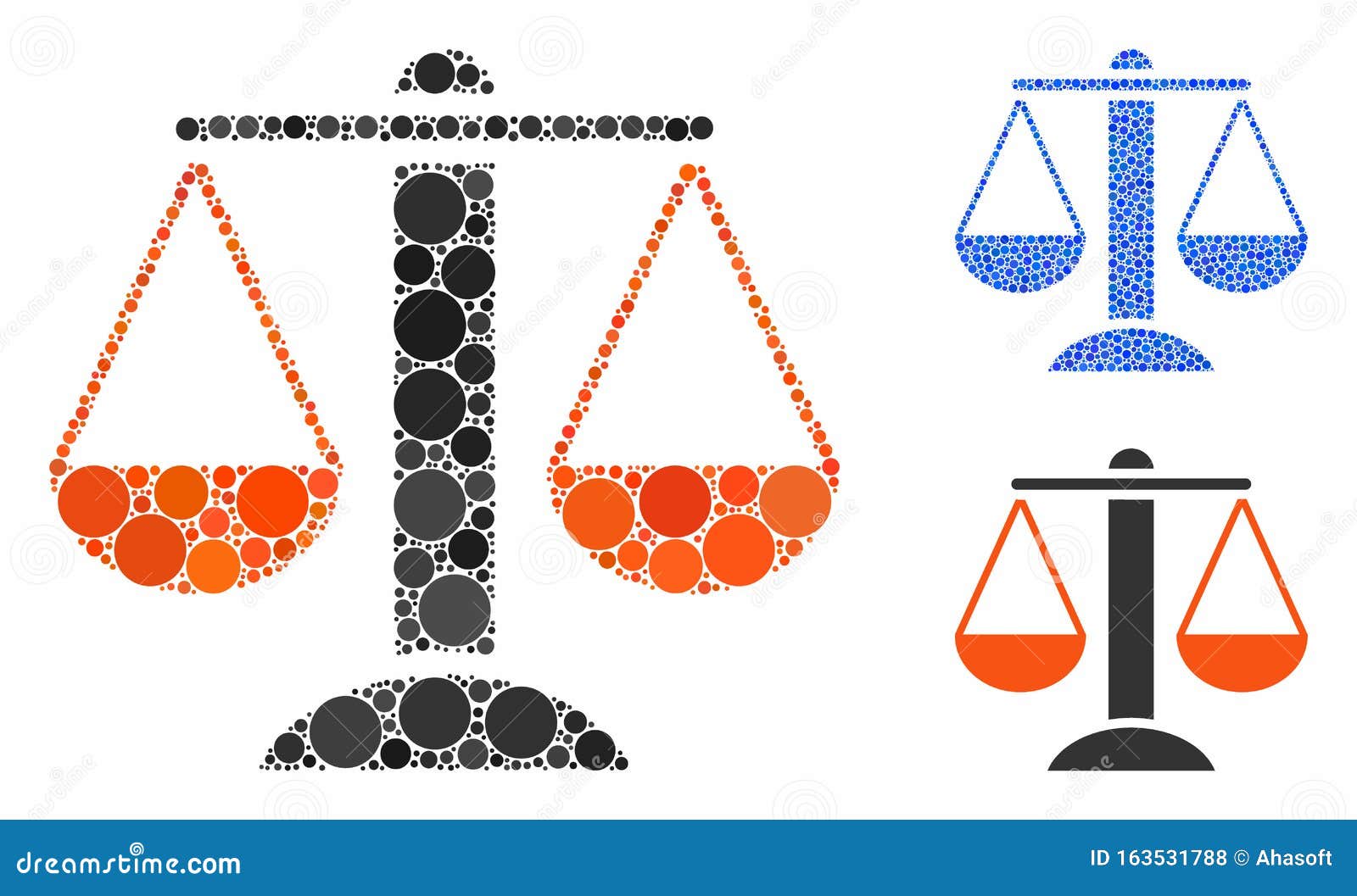é«˜æž¶æœ åŠ¡åŒº 英文 - English Service Excellence
Have you ever tried to get help with something, maybe a product or a service, and the words just didn't quite line up? It happens, you know, when you're looking for support, and the language barrier feels like a big wall, making everything a bit harder than it needs to be. This feeling of frustration is something many people experience, especially when trying to sort out important things that need clear explanations.
When we talk about getting help, particularly in English, there's a big difference between just getting by and truly feeling like someone has your back. It's about more than simply speaking the words; it's about making sure the message really lands, so you feel understood and can move forward with confidence. This idea of providing truly helpful communication, especially when it comes to English, is pretty central to what we're going to explore here.
This whole idea of "é«˜æž¶æœ åŠ¡åŒº 英文" or "High-Shelf Service Area English" really points to a special kind of assistance, one where the English used is so good, so clear, and so helpful, that it makes everything easier for you. It’s about creating a smooth experience, so, you know, you never feel lost in translation, no matter what you're trying to figure out or get done.
- Bunniemmie Naked
- Mierle Laderman Ukeles Upcming Echibitons 2024
- Boots And Bear
- Erome Iggy Azalea
- Olya Onlyfans
Table of Contents
- What Does High-Shelf Service Actually Mean?
- The Core of é«˜æž¶æœ åŠ¡åŒº 英文
- Why is Clear English so Important for Service?
- Making Sure Your é«˜æž¶æœ åŠ¡åŒº 英文 Shines
- How Can We Make English Service Better?
- Practical Steps for é«˜æž¶æœ åŠ¡åŒº 英文
- Who Benefits from Top-Notch English Support?
- The Reach of é«˜æž¶æœ åŠ¡åŒº 英文
- What Happens When English Service Falls Short?
What Does High-Shelf Service Actually Mean?
When we talk about service that sits on the "high shelf," it's not just about being polite or having a smile, you know? It's about going above and beyond what someone might just expect. Think about a time you felt truly looked after, where every question you had was met with a helpful answer, and you didn't have to guess what was happening next. That's the kind of feeling we're aiming for. It means anticipating needs, being proactive, and making sure the person getting help feels completely supported, which is a big part of what makes any interaction feel good, isn't that right?
This kind of service often means that the people helping you are not only good at what they do, but they also care about your experience. They pay attention to the little things, like how quickly they respond, how easy they make it for you to get what you need, and whether they remember what you talked about before. It's almost like they're reading your mind a little bit, making sure you don't have to repeat yourself or explain things over and over, which, honestly, can be pretty annoying sometimes.
So, really, high-shelf service is about creating a sense of ease and trust. It's about feeling like you're in good hands, and that the people on the other side are genuinely trying to make your life simpler. It's that feeling of relief when a problem gets solved without a fuss, or when you get exactly the information you needed, presented in a way that just makes sense. That's the bar we're talking about, the one that sets apart good service from truly outstanding service, don't you think?
The Core of é«˜æž¶æœ åŠ¡åŒº 英文
At the heart of this idea, "é«˜æž¶æœ åŠ¡åŒº 英文" focuses on how English communication plays a big part in delivering that top-tier service. It’s not just about using correct grammar, though that's important, of course. It’s about making sure the English is clear, easy to follow, and culturally sensitive. For example, if you're trying to explain a complex technical issue, like trying to get your old email account back, or how to type special characters on a keyboard, as we saw in a piece of text that talked about just that kind of thing, the words used need to be very precise and easy to grasp, so, you know, there's no room for misunderstandings.
This means the language used should be plain and simple, avoiding jargon or overly complicated terms that might leave someone scratching their head. It's about choosing words that everyone can understand, no matter their background or how much they know about the subject. Think of it like this: if you're explaining something to a friend, you wouldn't use big, fancy words, would you? You'd use words that make the message clear and friendly, and that's exactly what this kind of service aims for, too.
The core of é«˜æž¶æœ åŠ¡åŒº 英文 also includes being able to listen well and respond thoughtfully. It's a two-way street, where understanding what the other person is trying to say is just as important as expressing yourself clearly. This means being patient, asking good questions, and making sure you've truly heard what someone needs, which can be a bit of a skill, actually. It’s about building a connection through language, so that the entire experience feels supportive and effective, really.
Why is Clear English so Important for Service?
Imagine you're in a situation where you really need help, maybe with something urgent, and the person on the other end is speaking in a way that just doesn't make sense. It can be incredibly frustrating, can't it? Clear English in service is important because it removes that frustration. It builds trust, making the person seeking help feel respected and heard. When instructions are clear, and questions are answered directly, it saves everyone time and reduces the chances of mistakes, which, you know, is pretty valuable.
Good communication also helps to prevent misunderstandings that can lead to bigger problems down the line. If you're trying to get a refund, or understand a new policy, and the explanation is confusing, you might end up doing the wrong thing or feeling like you've been misled. But with clear English, everyone is on the same page, and there's less room for confusion. This helps to create a smoother process for everyone involved, which is what we all want, isn't it?
Furthermore, clear English makes a business or organization seem more reliable and professional. When people can easily get the help they need, and the communication is always top-notch, they're more likely to come back again and recommend that service to others. It shows that the people providing the service genuinely care about their customers' experience and are willing to put in the effort to make things easy for them. So, in a way, it’s a sign of quality, too.
Making Sure Your é«˜æž¶æœ åŠ¡åŒº 英文 Shines
To make sure your "é«˜æž¶æœ åŠ¡åŒº 英文" truly shines, it's helpful to think about how people actually talk and listen. It's not about sounding like a robot reading from a script. It’s about sounding like a real person who genuinely wants to help. This means using a friendly tone, even when writing, and choosing words that feel natural and easy to understand. For instance, when you're explaining how to pronounce a Spanish word or how to use a dictionary, as discussed in that text we looked at, using simple, everyday language makes a big difference, you know?
One good way to do this is to avoid overly technical terms whenever possible. If you absolutely have to use a specific word, take a moment to explain what it means in simple terms. Think about your audience: are they experts, or are they just trying to solve a problem? Adjust your language accordingly. It's about meeting people where they are, rather than expecting them to meet you where you are, which, frankly, is a pretty good approach for anything, isn't it?
Also, making sure your é«˜æž¶æœ åŠ¡åŒº 英文 shines involves being patient and ready to rephrase things if someone doesn't quite get it the first time. Sometimes, a different way of saying something can make all the difference. It's like finding the right key for a lock; sometimes the first one doesn't fit, but a slightly different one will open it right up. This flexibility in communication is a really important part of providing service that truly stands out, so, you know, people feel really good about the help they get.
How Can We Make English Service Better?
So, how do we actually go about making English service better, so it truly hits that "high shelf" mark? It starts with training people to communicate clearly and with empathy. This isn't just about teaching them English rules, but about teaching them how to listen actively, how to ask clarifying questions, and how to explain things in a way that is easy to digest. It’s about practicing real-life scenarios, so they feel ready for anything that comes their way, which, honestly, makes a big difference in how confident they feel, too.
Another thing that helps a lot is using simple, straightforward language in all written materials, like websites, emails, and instruction manuals. If someone is looking for help online, they should be able to find answers quickly and understand them without needing a dictionary. This means avoiding long, winding sentences and using bullet points or short paragraphs to break up information, making it much easier to read and absorb, you know, at a glance.
And it's also about getting feedback from the people you're helping. Ask them if the explanation made sense, or if they still have questions. This shows you care about their experience and helps you figure out where you can improve. It’s a continuous process, really, always looking for ways to refine and improve how you communicate, because, as a matter of fact, there's always room to get better at talking to people.
Practical Steps for é«˜æž¶æœ åŠ¡åŒº 英文
To put "é«˜æž¶æœ åŠ¡åŒº 英文" into practice, there are some pretty clear steps one can take. First, try to use common, everyday words instead of more unusual ones. For instance, instead of saying "utilize," just say "use." It's simpler and clearer, and people get it right away. This applies to everything, from talking on the phone to writing an email, so, you know, it’s a pretty good rule of thumb.
Next, focus on short sentences. Long sentences can be hard to follow, especially if someone is not a native English speaker. Break down complex ideas into smaller, more manageable pieces. Each sentence should ideally convey just one main thought. This makes the information easier to process and remember, which, as a matter of fact, is really helpful for anyone trying to understand something new or complicated.
Also, when explaining something, use examples. Like, if you're talking about how to conjugate a verb, or how to deal with an email account issue, giving a simple example makes the abstract idea much more concrete. People often learn better when they can see how something applies in a real situation. This practical approach helps to solidify understanding and makes the service feel much more helpful and personal, too.
Who Benefits from Top-Notch English Support?
So, who really gains from having top-notch English support, this kind of "high-shelf" communication? Well, pretty much everyone who interacts with a service or product that uses English. Think about international students trying to understand university policies, or tourists needing directions in a foreign city. They rely heavily on clear English to get by. When the English support is good, their experience is smoother, and they feel more comfortable and confident, which, you know, is a really big deal for them.
Businesses also benefit a great deal. When their English service is excellent, they build a good reputation. People are more likely to trust them, recommend them to others, and become loyal customers. This can lead to more business and a stronger brand image. It’s like a ripple effect: good communication leads to happy customers, and happy customers lead to a successful business, which, basically, is what every business wants.
Even native English speakers benefit from clear communication. While they might understand complex language, simple and direct explanations are always appreciated. It saves them time and mental effort, making their interactions more pleasant and efficient. Nobody wants to spend extra time trying to figure out what someone means, even if they can eventually piece it together. So, in a way, everyone wins when communication is clear and effective, really.
The Reach of é«˜æž¶æœ åŠ¡åŒº 英文
The reach of "é«˜æž¶æœ åŠ¡åŒº 英文" stretches across many different areas. It's not just for customer service call centers, though that's a big part of it. It also applies to educational settings, where clear instructions and feedback in English can make a huge difference for students. Imagine trying to learn something new when the teaching materials are hard to follow; it would be pretty tough, wouldn't it?
It extends to technical support, too. When you're trying to fix a computer problem, or understand how to use a new piece of software, the instructions need to be absolutely crystal clear. As we saw in that piece of text that talked about trying to recover an email account or type special characters, confusing steps can lead to a lot of frustration and wasted time. So, good English here is really about solving problems efficiently, you know, getting things done.
Even in areas like healthcare or legal services, where information can be very sensitive and important, the quality of English communication is vital. Misunderstandings in these fields can have serious consequences. So, making sure the English is precise, empathetic, and easy to understand helps to ensure that people get the right care or advice, which, obviously, is incredibly important for everyone involved.
What Happens When English Service Falls Short?
When English service doesn't quite hit the mark, when it falls short of that "high-shelf" ideal, several things can happen, and none of them are very good, honestly. For starters, people get frustrated. Imagine trying to explain a problem repeatedly because the person you're talking to just isn't grasping what you mean, or their responses are unclear. That kind of back-and-forth can be incredibly draining, can't it?
Beyond frustration, there's often a feeling of distrust. If you can't rely on the information you're getting, or if you feel like you're not being understood, you start to lose confidence in the service provider. This can lead to people taking their business elsewhere, or simply giving up on getting the help they need. It’s like trying to build a bridge with shaky foundations; it just won't hold up in the long run, will it?
And, as a matter of fact, poor English service can also lead to actual mistakes. If instructions are unclear, or if a request is misunderstood, the wrong action might be taken. This can cost time, money, and sometimes even cause bigger problems. It's why paying attention to how we communicate in English, especially in service roles, is so very important. It really can make all the difference between a good outcome and a difficult one.
So, to bring things together, thinking about "é«˜æž¶æœ åŠ¡åŒº 英文" is really about focusing on how clear, thoughtful English communication makes all the difference in service. We've talked about what makes service truly stand out, and why using simple, friendly English is so important for building trust and making things easy for people. We also looked at how being clear helps avoid problems and makes everyone's experience better, whether it's for customers, businesses, or anyone needing a bit of help. It’s all about making sure that when you talk to someone, you really connect and understand each other, which, you know, is pretty much the goal of any good conversation, isn't it?
- Chelsea Erdman Onlyfans
- Claudia Tihan Onlyfans
- Emelia Hartford Leaked
- Fitbryceadams Gym Ivy Jade
- Jacob Daily Grass Valley

英国地图上的汉姆塔 编辑类图片. 图片 包括有 定位, 极大, 小村庄, 固定, 国家(地区), 地区 - 171062245

以色列— 1961å¹´CIRCA:1961å¹´å‰ å Žï¼Œåœ¨ä»¥è‰²åˆ—å °æœ‰ã€Šç”Ÿè‚–çš

球项的缩放合成图标 库存例证. 插画 包括有 控制, 马赛克, 装载, 图标, 小点, 设计, 胡言乱语的 - 163531788